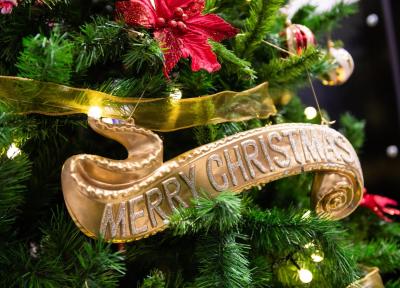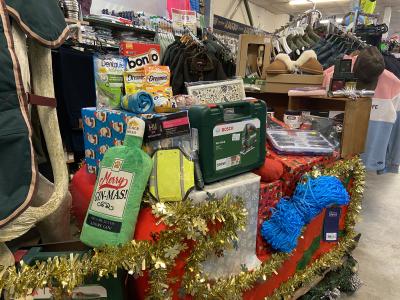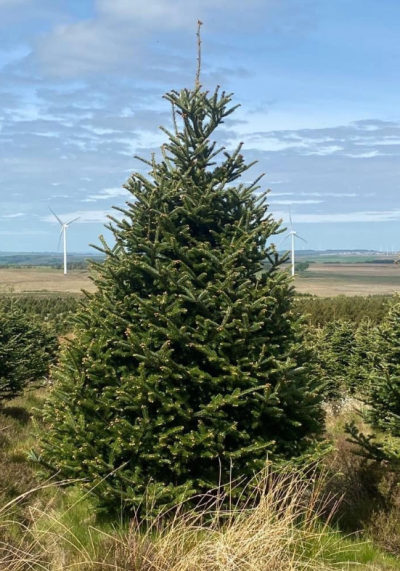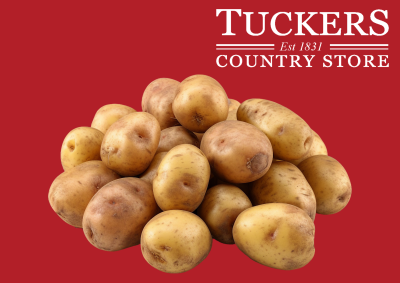We use cookies to make your experience better. To comply with the new e-Privacy directive, we need to ask for your consent to set the cookies. Learn more.
Get to know the birds in your garden.

Have you ever wondered which birds you can hear in your garden? We love the free, Merlin bird identifier app, click here to check it out. (We are not affiliated with this app in any way, we just enjoy using it!)
It can listen to the birds and idenitfy which bird it is. It can also name a bird for you with a photo. As well as giving you lots of information about birds. It also allows you to keep a saved lists of birds you have seen.
There are lots of benefits of knowing which birds are visiting you!
Many birds are natural predators of insects, slugs, snails, and other garden pests, reducing the need for chemical pesticides. For example, sparrows and finches eat aphids, while blackbirds and thrushes eat snails.
Some bird species, like sparrows and finches, will eat weed seeds, helping to control their spread.
Birds can help your garden's biodiversity by dispersing seeds from the fruits and berries they eat to new locations in your garden. By understanding what birds visit, you can better support their needs, especially during challenging times like winter, when gardens can become vital food and shelter sources.
Many graden birds love a good mix of foods, so here are some of our favourite tips to help you keep them happy and well-fed:
- Blackbirds usually feed on the ground and enjoy all sorts of goodies – from suet pellets to mealworms.
- Blue Tits and Great Tits love a feeder! They’ll happily tuck into seeds, suet and peanuts.
- Finches – like Chaffinches and Greenfinches – also enjoy using feeders, especially if you’ve filled them with sunflower seeds.
- Want to attract Goldfinches or Siskins? Try putting out Nyjer seeds – they can’t resist them! Nyjer’s also a hit with Greenfinches and Redpolls.
- House Sparrows, Dunnocks and Collared Doves prefer feeding on the ground, and they’ll appreciate small seeds scattered about.
- Fat balls and other fat-based food bars are fantastic for giving birds an energy boost in winter – and most species will love them.
- Mealworms are a real treat for Robins and Blue Tits, and might even tempt other insect-lovers like Pied Wagtails.
When you’re buying bird food, go for good-quality mixes without the “fillers” (like dried peas, beans, red dari or wholewheat) that birds tend to ignore.
You can also share some safe leftovers, such as dried fruit or pieces of apple and pear. Just make sure nothing’s mouldy or salty – and if you have a dog, skip the dried vine fruits like raisins, as they can be toxic for them.
Feeders.
Different birds also like different feeders. Some birds like to feed in the open and some prefer a more closed off space.
If you have many feeding sites you can encourage more birds into your garden.
Seed feeders are great and can attract many different species to your garden, including sparrows, tits, finches and Siskins.
Available with plastic or metal fittings, they come in a wide variety of sizes and styles and are suitable for sunflower seeds, or any free-flowing feeder seed mix.
Because Nyjer seed is smaller than most other bird foods, you’ll need a special feeder designed just for it. These feeders have tiny holes or narrow slits instead of the usual feeding ports, which helps stop too much seed from spilling out and going to waste.
If you’d like to reduce waste even further, try adding a seed tray underneath your feeder. It catches any dropped seed and gives birds a bit of extra space to perch. Just keep in mind that seed trays can also attract larger birds, which might put off the smaller ones you’re hoping to feed.
Fat ball feeders come in all sorts of shapes and sizes! Some are designed just for fat balls, while others are more versatile and can hold different types of treats.
Most fat ball feeders are made from a sturdy metal mesh, which keeps the food secure and gives birds something to cling to while they feed.
They’re especially popular with tits and starlings, who love the rich energy boost fat balls provide.
Problems for the birds
Squirrels can be a problem when feeding your birds. They can get into just about any feeder and can sometimes damage them.
Cats – make sure your bird feeders are away from areas where cats can easily pray on the birds.
Hygiene – it is important to clean bird feeders regularly, especially in the summer. Salmonella can be present and can especially affect Greenfinches and House sparrows.














